URL Writing Best Practices
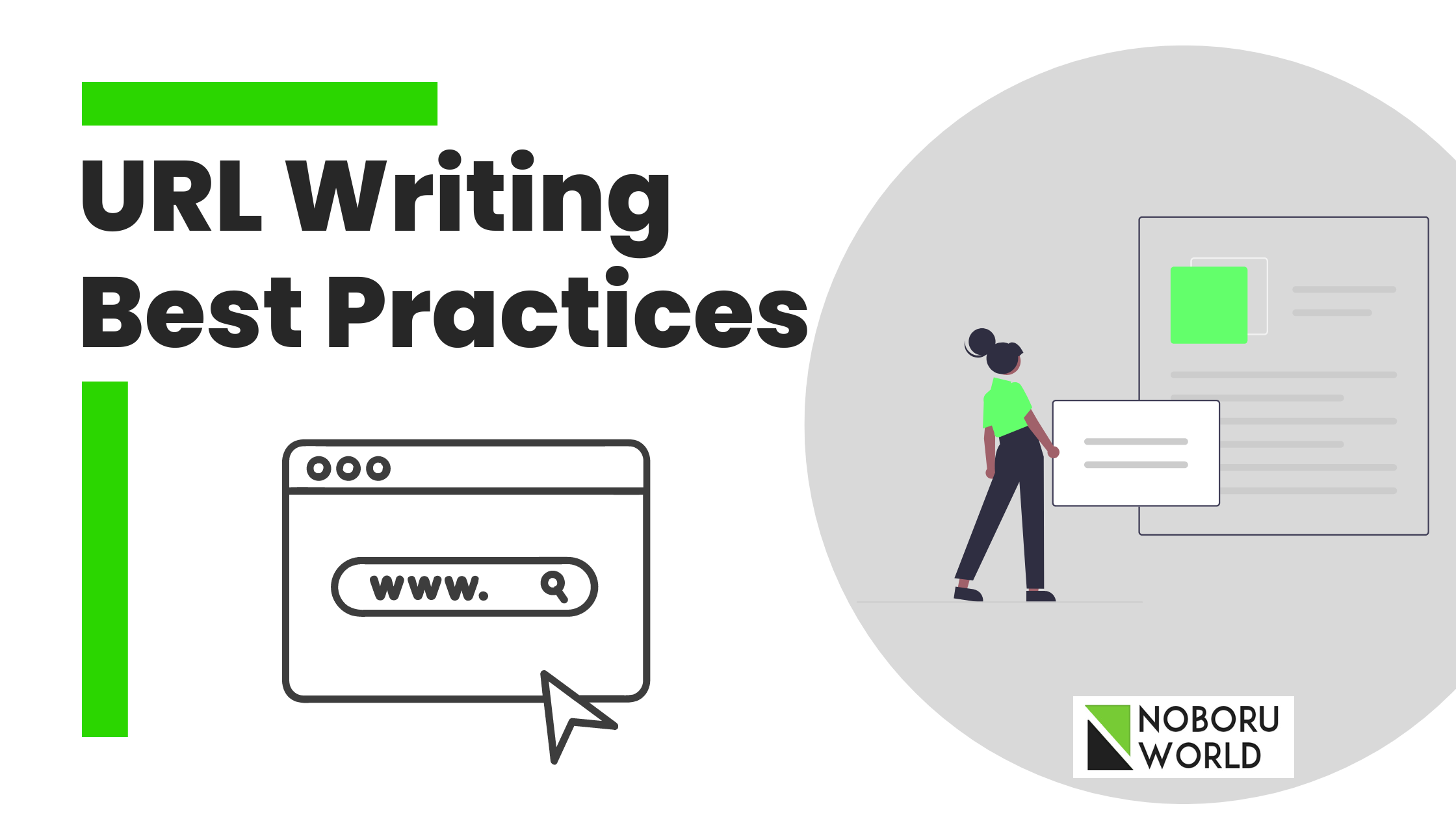
URL is the Uniform Resource Locator (URL). It gives the specific address of a content which is available on the internet.
If you are looking for a better visibility of your website, optimising a URL should be the first step. It will help you generate more traffic.
In common, a URL may seem less important than the title and heading elements, but it can be powerful for achieving SEO success.
Rule: URLs is the basic step to attract traffic to your website.
How URL structure affects SEO?
A website’s URL structure is a factor for Google’s search ranking. It can be optimised and curated same as we do with the title tag, meta description, and the content itself.
A URL indicate the search engine about the kind of content available on the page of the internet.
The URLs explicitly designed to meet the needs and demands of the users and searchers are known as SEO-friendly URLs.
The URL structure is one of the critical features of the website structure, and it directly impacts usability. The better URLs are designed, the easier it becomes for the users and search engines to navigate through the website.
Google Search Central:
URLs are so important that the Google SEO starter guide dedicated an entire section to them:
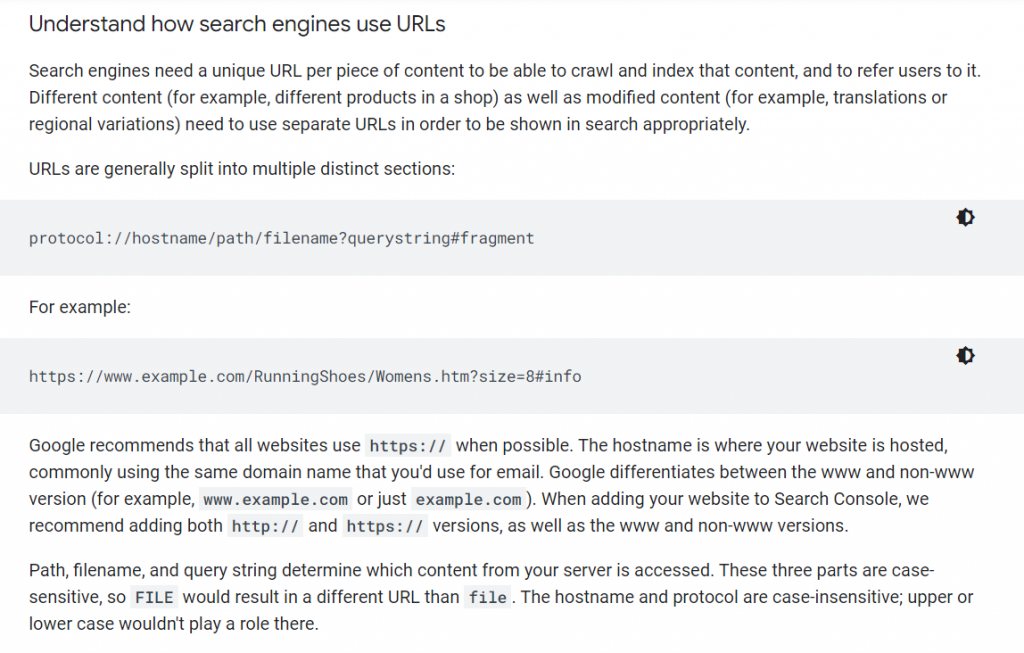
In a recent video of #Askgooglebot this topic emerged when a question came from youtube where a user asked about tweaking a website’s URL structure.
The users asked regarding a site migration they are working on and thinking of restructuring the URLs and wanted to know if that will impose any risks.
Mueller responded by saying while this may sound like a small change in the website it’s not that simple for search engines.
Search engines like google store their index on a per-page basis. So, if you change the address or the URL of the page that page’s data has to be forwarded somehow otherwise it gets lost.
It doesn’t matter if you’re completely building a new website or just removing a slash from the end of URLs, these are all essential site moves.
– John Mueller
Sites move – basic recommendations:
- Do your research – Research the options and the potential effects, since these changes take time and have ranking effects.
- Create a list of the old & new URLs – It helps you to track and check the changes afterward.
- Implement the migration
-301 redirects
-Internal updates (such as links, forms, structure data, site maps, and the robot.txt file - Monitor the migration
Sites move can take several months to complete. Redirects should be placed for at least one year.
Best practices of URLs for SEO
Use hyphens to separate words
SEO’s best practice is using hyphens between words because it tells Google and users where the separator line is between them. Also, it becomes much easier to read if you separate all the words.
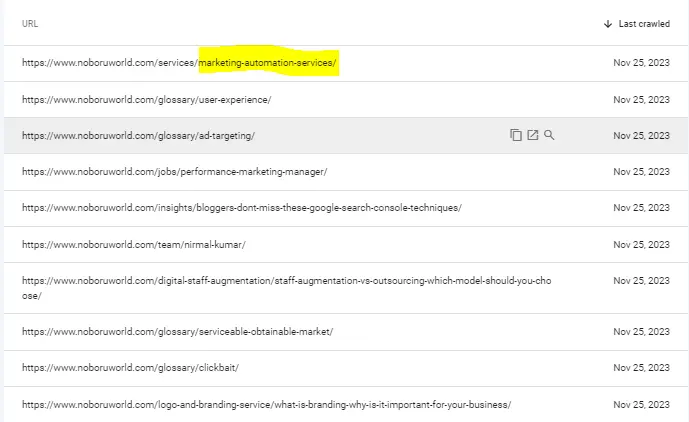
Matt Cutts in a video was asked “Underscores vs Hyphens in URLs, does it makes a difference? my-page vs my_page?”
Matt Cutts stated that it does make a difference, one should go forward with dashes or hyphens.
Using lowercase letters in URLs
URLs are case-sensitive for anything that follows the domain name – John Mueller.
Always use lowercase letters in URLs; if you use uppercase letters, please update the link and redirect to the new link.
Search engines like google tend to consider uppercase and lowercase URLs to be different pages. It will think variations of the same page are duplicate content which could harm the website’s SEO ranking.
Many a time people tend to capitalize page URLs to increase their readability, branding purposes, and visual preference. However, to let google crawl your website better, set up easy 301 redirects on capitalized URLs.
Keywords in the domain are not necessarily a Ranking Factor
Keyword in URL does not always turn out to be a ranking factor.
This topic came up in a discussion when Matt Cutts was asked in a video “How would you explain the power of Keyword Domains to someone looking to decide on what kind of domain to go for”
A couple of different strategies can be taken in that case Matt Cutts stated that one can go for something brandable like Twitter that people will remember but do not have specific keywords on the domain name or you can go for strictly the keyword in the domain name.
It’s possible to succeed without having keywords in your domain name.
Eg:-
For brandable words – Zinga, Twitter, Facebook, google, and yahoo.
For latent keyword domain – buy books online, sell used cars, etc
If trying to shoot for big success, sometimes going for something brandable might not do.
– Matt Cutts
In 2011, Matt stated that Google was thinking about turning down the influence of keywords in the domain.
Keep URLs simple and short.
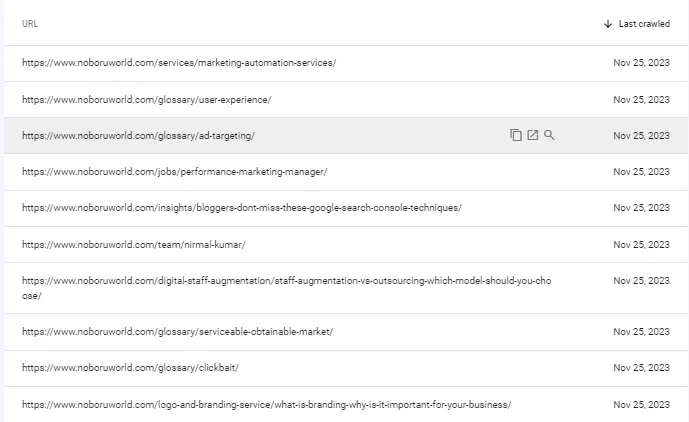
Simple and short URLs are easy to understand for the user and enhance the user experience. It also helps in increasing the clickability rate of the URL.
People trust short and straightforward URLs since long and complicated URL structure appears spammy.
Crawl depth of the URL matters
The term crawl depth reflects how many pages a search engine’s bot will be able to access and index on a site during a single crawl.
The less your crawl depth is the better it is for your website from an SEO standpoint.
Hide the www prefix
Primarily the www prefix is used in the website to avoid confusion as it refers to the website’s domain.
Currently, there is no need to activate it since it looks outdated, takes longer to type, and takes more space in the address bar.
The Chrome browser now hides WWW and HTTPS:// from the address bar because it has a security lock icon indicator and is not very important for displaying information. Double-click inside the address bar to view the full address of the website. Make your domain cleaner and neater by hiding the www prefix.
Use HTTPS protocol
HTTPS is a secure version of the HTTP protocol. Secure Sockets Layer (SSL) encrypts the communication between the browser and the website, so even if a hacker can intercept the data, it cannot be read. HTTPS makes your website more trustworthy because it instills trust in users. Users feel more secure when shopping with their credit card information, address, and phone number.
HTTPS is also a Google ranking signal, and sites that use SSL are preferred.
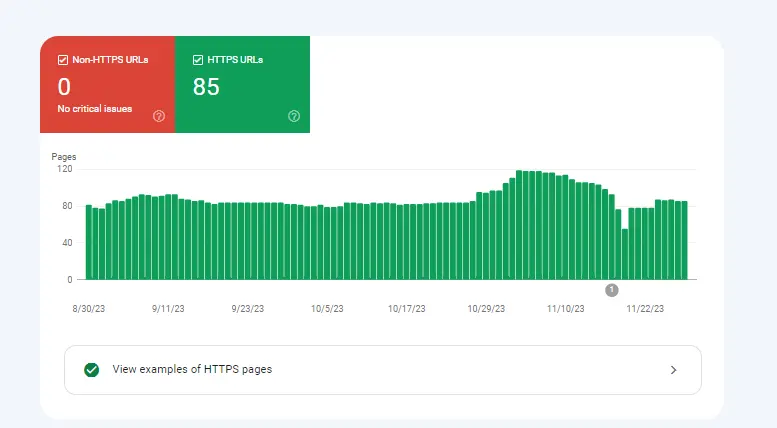
Exclude Stopwords
(the, and, or, of, a, an, to, for, etc.) should be avoided in the URL. Only focus on the main words of the keyword. Remove the extra preposition or article from the URL to make it shorter and easier to read. The importance of stop words in URLs is minimal.
Conclusion
Google offers simple, yet powerful advice on URL structure: “A site’s URL structure should be as simple as possible”.
URLs that are easy to understand and user-friendly help convert the Impressions to Click-Through rates (CTR).URLs are a way to tell your potential site visitor what a page is about and show what the visitors are expecting to see. Optimizing your web pages according to the best URL practices can increase your probability of ranking in google SERP. When your URL and site architecture is structured and logical, it becomes more useful to site visitors and search engine crawlers.
I hope that these best practices for URLs help you with your website. If you want to make your website SEO-friendly, you can connect with us. Also, check out Some Excel at SEO and Some Don’t! How Can Noboru Help? to get insights on what factors play a crucial role in SEO.





We would love to have your opinion.